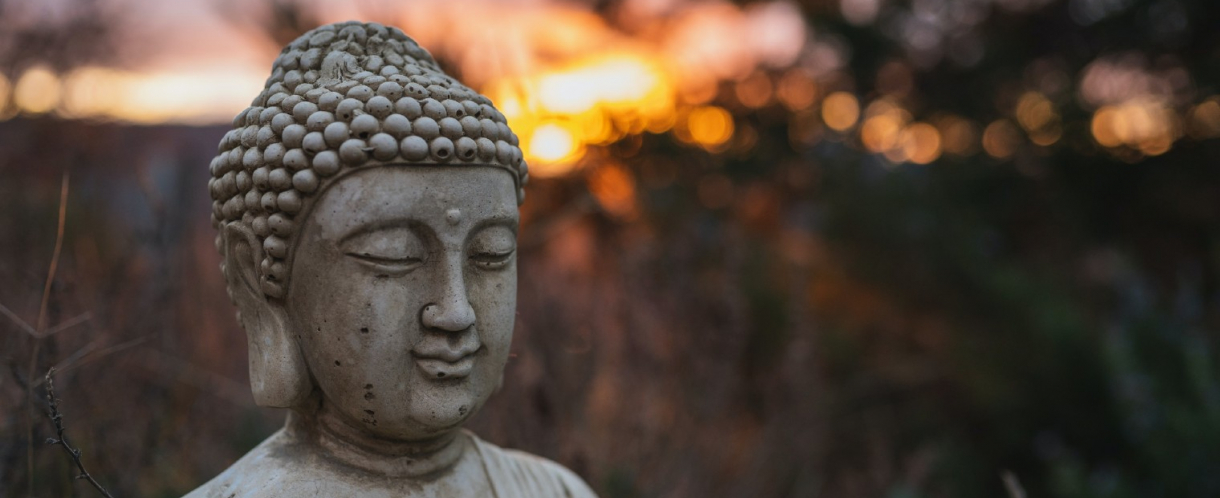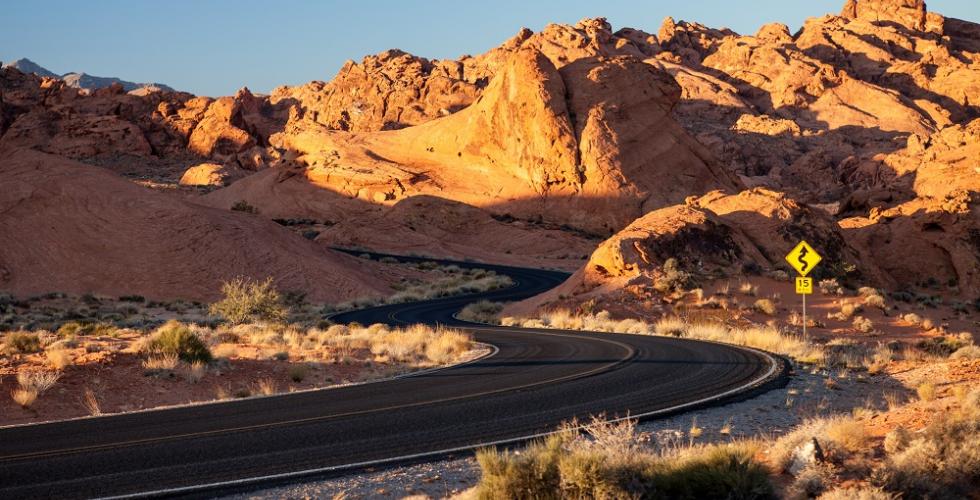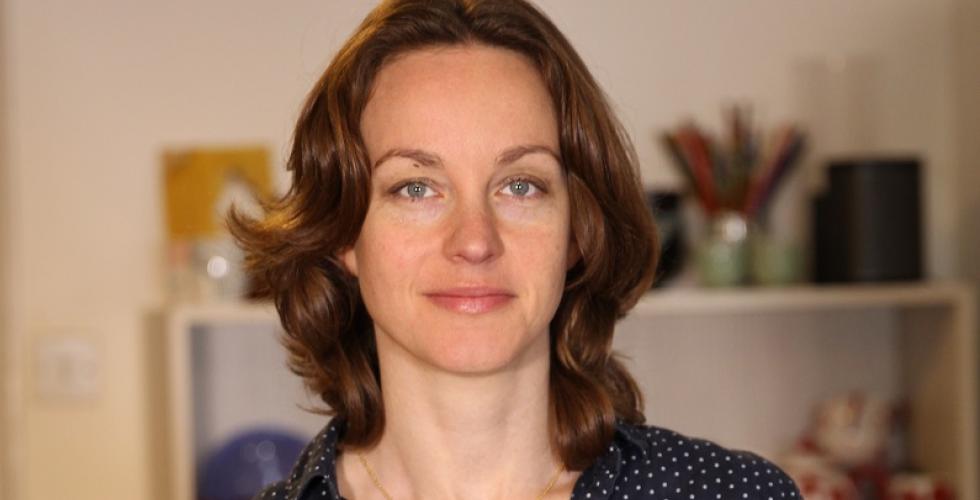
Image: Conscious Design
Aristotle, Buddha, the Stoics… the greatest minds in history struggled with the idea of fulfilment. And now, somehow, you're supposed to find it. Where is it? What does it look like? How will you know you have it? Natasha shares four strategies (and four special stories) for creating fulfilment in your life right now – and in your future career.
The word 'fulfilment' is everywhere.
It's become the Holy Grail of the past decade. We all want to be fulfilled.
Fulfilling relationships, fulfilling internal lives, and fulfilling work.
But do we really know what it means?
We're told to find it, seek it out, live a life of it, and yet for most of us it's an external goal to chase – a 'one day' dream, a not-there-yet.
We're not even sure how we'd know once we were there.
Full-filled.
To feel full. Satiated, gratified. In French, a word for 'full' is 'complet'. Complete. Whole.
It sits in diametric opposition to a lot of the language I hear from people who are unhappy at work: "I feel empty." "This is meaningless." "I feel deflated." They talk about the sense that a part of them is missing, unexpressed, and in a state of atrophy.
No wonder fulfilment sounds like a delicious goal to be chased.
But without a guiding sense of what it is, exactly, you're looking for, you're chasing a cloud in the fog.
I've been playing with the idea of fulfilment a lot over the past few weeks, and in my conversations and explorations there were four simple, powerful ideas that emerged, over and over again.
With the help of a few very special people (whom some of you might recognise) who have found their version of fulfilment, I've laid them out here to share with you.
Embrace the wholeness

"An inevitable though often-ignored dimension of the quest for 'wholeness' is that we must embrace what we dislike or find shameful about ourselves as well as what we are confident and proud of." – Parker Palmer
Fulfilment is not the same as happiness. It's not about being joyful and perky and excited all day, every day. It's about feeling life – aliveness – pressing on your very skin from the inside out.
Aliveness can be joy, and pleasure, and thrills, and it can be confusion and painful work and struggle, too.
It's about finding ways to embrace and use your whole self – yes, even the parts that don't look great on a CV, or that feel inconsistent with the traditional world of work – and bring it all to the table.
If you're in the game of finding work that feels like you, you're likely exploring this already. The fears, the self-doubts, the uncertainty. Riding the waves of what it means to be human and fallible.
Career change can be a long process, and full of opportunities to seek out the corners of who you are: the parts that aren't just unfulfilled, but are ignored, hammered down, and stifled.
Half the battle in finding work that feels fulfilling is learning about (and learning to embrace) who you are, in tough times as well as good.
"Looking back now, I can see that I felt lopsided, as if I was putting all my weight on these few skills and traits that were getting really well exercised, while the rest atrophied. It was too much of a strain on parts of me, and a waste of the rest.
"I believed that these parts of me, the parts that I had to hide to provide this veneer of a competent professional, were not only not valuable, but also somehow shameful. That was something I carried with me for a long time.
"Things started to feel so low that the only way I could deal with it was to say 'F£$% it'. I decided to play. I became curious. I followed the things I felt called to.
"And the strange thing was, the more I did that, the more the things I'd considered past mistakes, past career paths I'd given up on, and the parts of me that I'd kept hidden kept circling back into view – this time not as failures, but as strengths.
"There's less of a distinction now, between work and home, family life and colleagues. There's just stuff I enjoy, and my favourite people. It makes sense in a deep and satisfying way.
"I'm still pursuing other aspects of myself and finding ways to incorporate them in my new mix. I'm not saying it's perfect – far from it. I have so much more to explore. But how does it feel? It feels like I'm moving with my whole body. And it's a relief. An actual physical relief." – Lisa (Coach at Careershifters)
How do you deal with uncertainty? What are your coping mechanisms, positive and negative? What parts of yourself are you over-using, and what do you hide? And what could you start doing to bring your whole self to the table, in life and in work?
Seek the feeling

"Occasionally in life there are those moments of unutterable fulfilment which cannot be completely explained by those symbols called words. Their meanings can only be articulated by the inaudible language of the heart." – Martin Luther King Jr.
I had a conversation with a client last week. We were doing an exercise together, creating a picture of her future, and halfway through a sentence she stopped.
"Do you ever get so inspired, it feels like your chest is about to pop?"
I knew the feeling well. That deep completeness that almost takes your breath away. There's a rush of energy, and your belly fills with butterflies, and your throat tightens, almost as though your torso is so full that you have to hold something in.
Full-filled. Even by an idea.
Nobody can sustain this level of fullness, of course – nor is it likely we'd want to. Even for a short period of time, it's overwhelming.
But it's a beautiful way to guide your journey (like Lisa Russell's 'Little Yeses').
Find the moments of fullness. Observe them happening; chase them down.
"Before I made my career change I worked long days at a repetitive office job, and I was so tired and drained that I frequently did little else in the evenings than collapsing in front of the TV.
"I was waiting at a bus stop on my way home from work one evening and had this compelling feeling inside that I needed to dance. Not there and then amongst my fellow commuters (!), but to check out dance classes when I got home. I used to dance as a kid, and for some reason in the depths of my boring adult life, dance seemed to be the spark of inspiration I needed.
"I tried Bollywood, Line Dancing, Tango, Contemporary, and then I hit upon a niche street dance class called 'Waacking' and that was it. Love at first class.
"My brain switched off and my instincts kicked in. I felt fully present and in the moment. That niggling, empty feeling inside disappeared, and I felt 'full'. I wasn't judging or weighing up what was happening ('Is this for me? Do I like this? Do I like the music? Is it worth the class fee?', etc.) – all of that disappeared, and I was 100% focused on what I was doing. My body had more space to express itself (and that can be a real treat compared to either being slumped at a desk, or a sardine on the tube).
"And probably most importantly, the feeling I got (and still get) from dance acts as a benchmark for how I want to feel most of the time day to day. That kind of clarity or guiding light is immense when it comes to shaping your life – what you do, who you want to hang out with, what you want to experience.
"Incidentally, following that little urge has led to having crazy experiences across the UK and Europe, welcoming a wonderful global community into my life, and creating my own dance pieces for showcases. None of this was planned at that dreary bus stop queue." – Sab (our content editor at Careershifters)
When have you felt this bursting fullness in the past? Where can you notice it now, in your daily life? What's happening, what are you doing, and who are you being, when it arises?
Use yourself

"I want to be thoroughly used up when I die, for the harder I work the more I live. I rejoice in life for its own sake. Life is no 'brief candle' for me. It is a sort of splendid torch which I have got hold of for the moment, and I want to make it burn as brightly as possible." – George Bernard Shaw
Another common interpretation of fulfilment is to fulfil your capacity and your potential.
For Aristotle, it was a sense of eudaimonia: the state of having been all that you could possibly have been in your life.
In any single moment, our capacity and potential are changing, growing, expanding with every experience. So we can't know if we've reached this kind of fulfilment until the end of our lives, when the total can be examined and summed up.
A more useful angle on this as we move through life might be to see fulfilment as a feeling of being 'well used'.
That sensation of flopping onto the couch at the end of a busy, enjoyable day, weary and happy. The feeling of tired pride when you've seen a challenging project through to its end. The exhausted, buzzy feeling after a long run.
Used up and satisfied.
Make space for the things that use you well, whether in a work capacity or elsewhere. Give yourself over to them.
"I remember sitting looking at screen diagrams for a digital TV system for a well-known lottery operator. The work I was doing wasn't making an impact on anything I cared about. I also wasn't using my talents. I knew that because I was bored and I was messing up a lot. Over time I began to feel incompetent, useless, and generally crap about myself.
"There was a switch that flipped while I was changing career, where I said: I'm no longer willing to do work that doesn't positively impact the world at large. It's too painful for me; there would be too much misalignment with who I really am.
"And I was right. When I made my first shift into the social impact space, everything changed. I was challenged in a good way; my abilities were being stretched through doing something that meant something to me.
"I used to go into work early in the mornings because I really wanted to be there. I was working hard, and working long hours, and yet I felt physically lighter." – Richard (founder of Careershifters)
What gives you that feeling of being well used? How can you seek it out more regularly, both inside and outside of your work?
Fill up to spill over

For many people, true fulfilment looks like contribution – sharing something of yourself with others in a way that leaves them better off, happier, more empowered.
And sometimes, the desire to do that leaves us drained and resentful. Our incomplete-feeling, atrophied selves struggling hard to contribute and to give, without the strength and integrity of a well-nourished foundation.
Like a cup of water, you need to fill up in order to overspill.
When you're seeking work you love, the focus is usually more on external factors – skills, career ideas, sounding good at interviews, other people's opinions and judgements – and less on actively filling your own cup.
It's often draining, actually.
Constantly chasing something that feels formless and slippery; living under a microscope of your own making; analysing, unpacking, psychometrically testing… there's not much nourishment or replenishment involved. Not much opportunity to overspill and contribute.
Perhaps that's why the process of seeking fulfilling work can feel self-indulgent and lonely.
And it's also why finding ways to fill your cup throughout your career change is so vital, however counterintuitive it might feel. Whether it's regular exercise, exposure to new ideas and unfamiliar places, or finally learning that language, seek it out and claim it. Not just for you, but for the people you'll then be able to spill over into.
Contribute to yourself, fully and unapologetically, and watch the effects spill out into the lives of others.
"In my old career, I spent all my time holding other people up. Vulnerable people, in painful chapters of their lives, relied on my strength to keep them afloat. I hadn't learned by then that my own well-being was key to my ability to contribute to them. So I burned out. Going to work every day became a practice in daily heartbreak, and it reached the point where I couldn't sustain it any longer.
"Since then I've learned to nourish myself consistently – to celebrate self-care and pleasure as a contribution in and of itself.
"I practise acroyoga to get out of my head and into my body. I paint and collage to decompress and express the parts of myself that I don't have words for. I play, endlessly, and I take quiet time to cook.
"And I can feel the impact that has on who I can be for other people. I have the capacity to love harder, think bigger, question more. I can empathise more deeply, push myself further… and the impact I'm able to have on people's lives is infinitely sweeter.
"If I say I’m committed to making a difference in the world – and I am – I owe it to everyone else to be the best version of me I can be. The most fulfilled. And that fulfillment comes right back to me with every person's life I'm able to touch." – Natasha (that's me)
What do you know you need to do to fill your cup?
Find your own fullness

Maybe fulfilment isn't a Holy Grail – a single, tangible, objective reality.
Maybe when we talk about fulfilment, we're each talking about something slightly different.
But what that means, ultimately, is that when it comes to your own fulfilment, you get to make it up. You get to define, create, and achieve the version of it that speaks to you at the deepest level.
But without choosing what it means for you, how it feels, what it looks like, you're unlikely to find it.
What does fulfilment mean for you, and how can you start seeking it out in your day to day? Let me know in the comments below!




